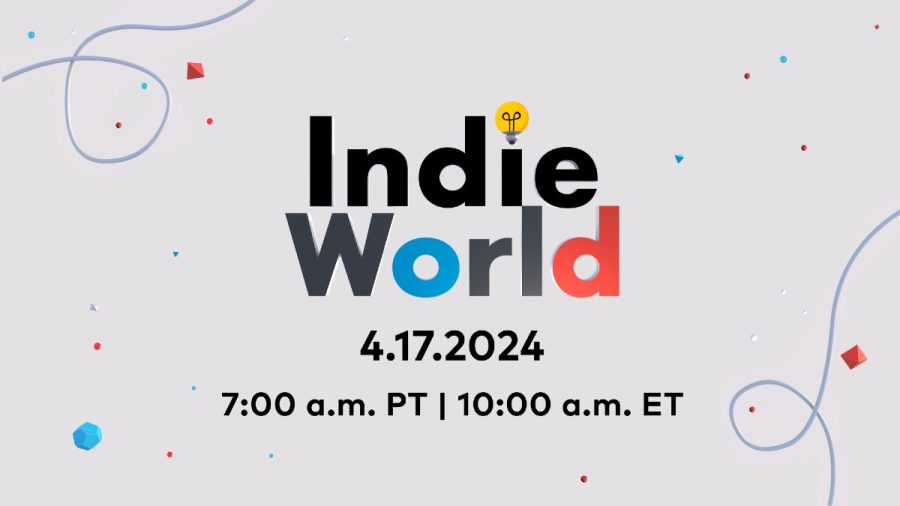In this after-show, Kat Hu, from our Chief of Staff team, and I, Jonathan Siddharth, CEO, and Founder of Turing, discuss the main takeaways from our most recent TDLS episode with David Zhang, Partner at TCV.
You may enjoy watching this After-Show episode here.
As always, the full text of the discussion is below.
Kat Hu
Welcome to our podcast on scaling unicorns in a remote-first world. We’re going to reflect on today’s conversation with David Zhang. from TCV. What are your thoughts on how that call go? What learnings you’ve learned?
Jonathan Siddharth
Yeah, it was a fun chat. I am glad we are doing this aftershow on what was interesting from that chat. I think for our first question, I found David’s responses super interesting on what companies are doing differently, given the shift in the macroeconomic climate. What stuck with me was his three main comments.
One was this is the time to “lean in and get fit” for most companies.
The second was the focus on the quality of growth. It was interesting how for TCV, the quality of growth is not a temporary phenomenon that you just started thinking about in 2022. It seems to have been a part of their investing ethos for a while.
Third, being just being thoughtful about scenario planning. It was interesting that David called it different shades of red for what could happen and making sure your team is right-sized in the various areas. So, that stuck out to me. What about you?
Kat Hu
Along those lines, I saw so many parallels between what he said and what we see in Turing—of what we’re focusing on, how we’re navigating, the macro shifts, and focusing on quality. He talked about things like team development and building a world-class team, I know that’s something that you’ve been focused on, and we’re proud to have that at Turing today.
And something else that I found interesting was similar to the discussion with Sandesh. He said the most critical thing for CEOs who are scaling is balancing doing what you’re already doing well and looking at the horizon to catch the next S-curves and frontiers.
Jonathan Siddharth
Yeah, that’s right. But, again, I was reminded of our focus on teams. Sandesh also had that same comment, where you have to be good at what you’ve always been good at. And you have to keep doing it while looking out for the next wave.
It was also good advice to ensure that even in that post-product market fit scaling phase when you’re very close to product innovation, ensuring the product velocity is high and staying close to customers is essential.
Kat Hu
Yeah, for sure. I think having that cycle and that feedback is what we hear over and over again. It’s important, and hearing about how you do it with your emails is excellent tactical advice.
Jonathan Siddharth
Yeah, and it was also interesting to hear his thoughts on board meetings as to how you would run board meetings. What are some ways to make them more productive?
Kat Hu
Yeah, it was interesting that other companies are thinking of similar topics at board meetings. David mentioned that on top of people’s minds are scenario planning, tracking growth quality, and ensuring we are doing the right thing regarding the team. It’s encouraging that what he says about building the right team for a company parallels what we are doing within Turing. It’s validating that many other companies are thinking about the same things during this time.
One thing in terms of scenario planning that I found interesting was he didn’t just mention the various shades of red but highlighted the two frameworks. One. How do you survive? Two. How do you thrive? It makes you think of all the category leaders in the past who, during similar times of red. It’s more important now than ever to wonder how they did it and consider incorporating that into our strategy.
Jonathan Siddharth
Yeah. And it’s not just about surviving but also about having a strategy where you thrive in a storm.
He mentioned having strategy first, followed by execution, having board meetings to track how execution is happening on the agreed-upon strategy tightly, and ensuring that companies have an intellectually sound approach to measure success. And being asked how we are tracking relative to the success metrics that we set for ourselves, in some cases, if we need more data, then how can we go and collect more data to know whether or not we can validate our hypothesis? But it is too early to tell. We will probably figure it out later.
Kat Hu
Yeah, and again going back to scenario planning, what he said what I thought was pretty wise is when you have these scenarios planned. Then, amid all these other external stressors, you can just focus on execution and focus on continuing on your path because you’ve already mapped out these different scenarios.
Jonathan Siddharth
That’s right. And it’s interesting David also shared about the Sequoia deck. In Silicon Valley, there is often a group thing where everybody is looking for one simple formula, something to tell them what to do, like the silver bullet. But, unfortunately, there are no silver bullets, and there’s no one size fits all.
Ashu from Foundation would say the same thing, which is too often, there are these prescriptive pieces of advice that just get parroted around, and people sometimes tend to apply them without thinking. It might be the right advice for a specific type of company at a particular stage, but some advice is not universally applicable.
Kat Hu
Yeah, during your conversation, I noticed you were nodding many times. The two of you seem to align on many points. One other item I was thinking about was inflection points for Turing and companies at scale during this kind of time in the macro environment.
It was so interesting to hear different examples of these companies that have pivoted or changed in drastic ways that sometimes not everyone sees but have a significant payoff. Have you thought that much about some companies or Turing?
Jonathan Siddharth
Yeah, I mean, one way I think about it is that there could be big inflection points happening in the macro environment that could be an opportunity to do something new, so let’s call them external triggers. But, also, there could be internal triggers that you’ve identified and some new disruptive things you could do and pursue.
To me, in the external bucket, I kind of see the Netflix shift from DVDs to streaming. The world was switching to streaming, Internet videos were getting better and better, and the browsers were getting better at streaming stuff.
For us at Turing, there were these external shifts like the pandemic, which was a big inflection point for remote work. And that accelerated the world’s transition to remote work by at least five years. So I think those are some of these external triggers, and you can’t control them. And when they happen, you want to recognize that there’s an opportunity for you and understand if you position the right way relative to that shift.
Then there are internal pushes where you feel like there is something disruptive, some new business that you can bring to market. And here, I am reminded of Amazon launching AWS, a big needle-moving business for them.
Turing’s focus on teams is like that, and there could be more. For these inflection points, sometimes I try to answer the question of why now? Did something happen now that just makes this the right time to do something like this? Why hasn’t it been done before, and I separate that into the internal and external and try to think about what’s the next internal thing that we could do that could move the needle for the business? It does take time to reflect, and this is why our exact off-sites are helpful when you have some time to breathe, pause and reflect. It’s hard to do this in our weekly exact syncs or monthly business reviews.
Kat Hu
Yeah, totally. I think that’s a good call. There could be times to reflect quarterly, and off-site is a good medium for that.
Jonathan Siddharth
Yeah, anything you took away from for your future company after Turing goes public?
Kat Hu
I liked his recommendations. I searched up Pedro Franceschi, and there was this article about “what I learned about people that scale,” I am excited to read more about his Medium post. It’s helpful to have frameworks to be more efficient, productive, or successful in specific ways.
Jonathan Siddharth
Yeah, that’s right. That’s a good catch, and on that, I think we can close our after-show. This was a fun conversation, and thank you, everyone, for joining us!










